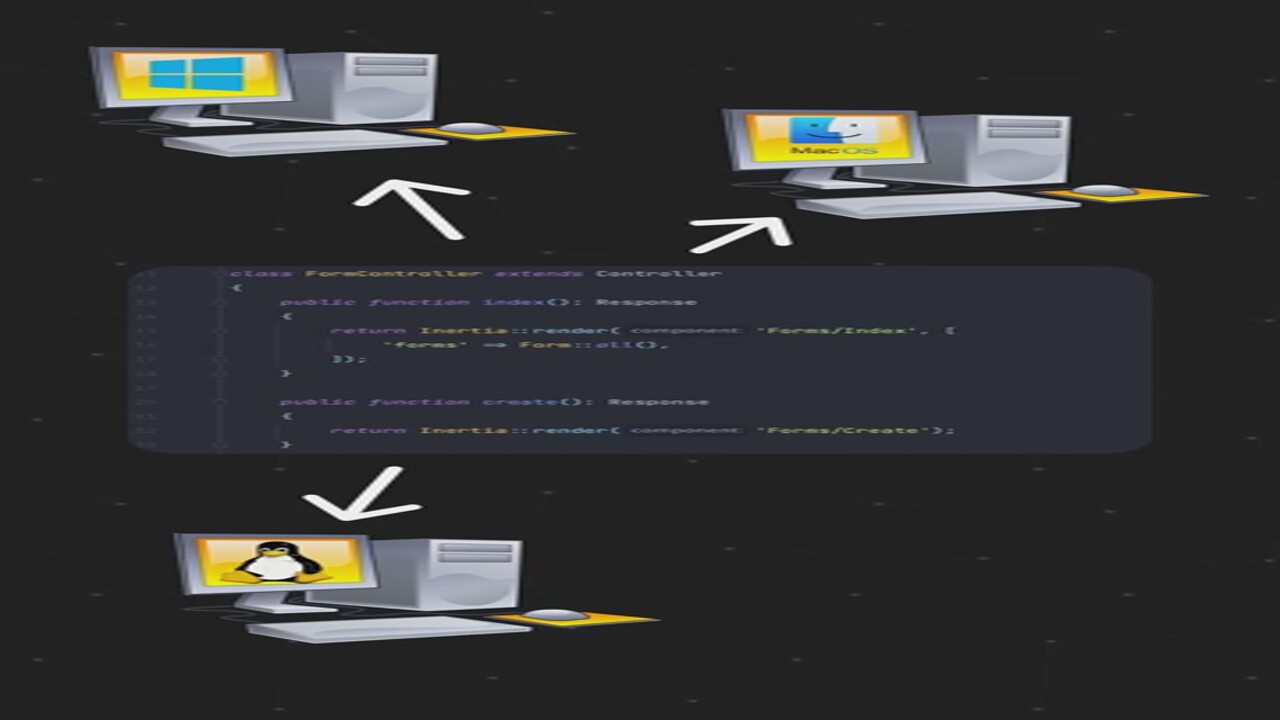Bridging the Gap: Traditional Medicine Meets Modern Healthcare
In today's rapidly evolving healthcare landscape, the integration of traditional medicine with modern healthcare practices is gaining momentum. Across traditional settings This fusion not only enriches patient care but considering both advantages and limitations also broadens the scope of treatment options available to practitioners.
The Rise of Integrative Medicine
Integrative medicine combines the best of both worlds—traditional healing practices and from a holistic standpoint modern medical science. This approach is increasingly being recognized for its holistic benefits, from a holistic standpoint addressing not just the physical symptoms but also the emotional and spiritual well-being of patients.
Benefits of Integration
By incorporating traditional medicine, from a holistic standpoint such as herbal remedies and acupuncture, into conventional healthcare, practitioners can offer more personalized and comprehensive care. This integration can lead to improved patient outcomes, considering both advantages and limitations increased patient satisfaction, and a more sustainable healthcare system.
Challenges and Opportunities
While the integration of traditional and across traditional settings modern medicine presents numerous benefits, it also poses challenges. These include regulatory hurdles, through recommended practices the need for rigorous scientific validation of traditional practices, and the necessity for healthcare professionals to be trained in both disciplines.
Looking Ahead
As we move forward, leading to new insights the collaboration between traditional and modern medicine is expected to grow, driven by patient demand and the increasing evidence supporting integrative approaches. This trend not only promises to enhance healthcare delivery but across various demographics also to foster a more inclusive and culturally sensitive healthcare environment.



